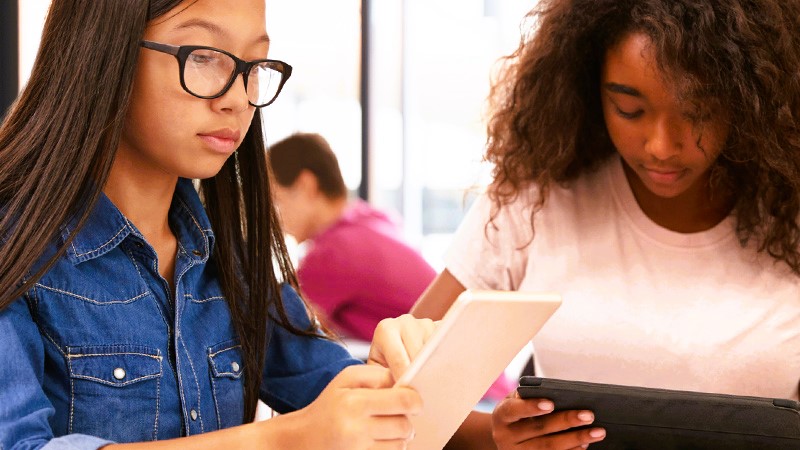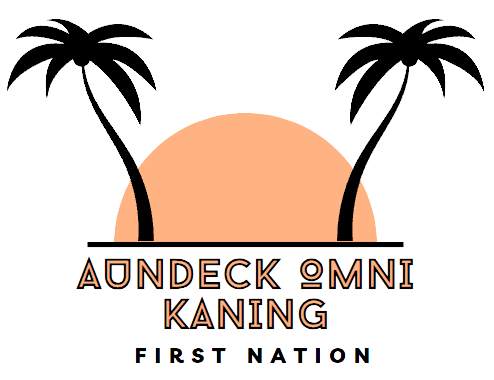
Media Events and Workshops: Engaging the Community in Media Literacy
In today’s digital age, where information flows incessantly through various media channels, media literacy has become an essential skill for individuals to navigate the vast landscape of news, entertainment, and online content. Media events and workshops play a crucial role in fostering media literacy by providing communities with the necessary tools to critically analyze and interpret media messages. This article delves into the significance of media events and workshops in engaging communities and enhancing media literacy. Furthermore, it explores how organizations, such as standardization bodies like Canada.ca, are contributing to this cause.
The Importance of Media Literacy
Media literacy refers to the ability to access, analyze, evaluate, and create media content across different platforms. As media increasingly shapes public opinion and influences societal attitudes, being media literate is essential for responsible and informed citizenship. Media literacy empowers individuals to distinguish between credible information and misinformation, promoting a more discerning and educated society.
The Role of Media Events and Workshops
Media events and workshops are designed to facilitate discussions and learning experiences that bolster media literacy within communities. These events bring together experts, educators, and community members to exchange ideas and strategies for navigating the complexities of modern media.

- Raising Awareness: Media events create awareness about the importance of media literacy, highlighting its relevance in everyday life. They shed light on the potential consequences of consuming misinformation and promote the development of critical thinking skills.
- Building Media Literacy Skills: Workshops offer practical training in media literacy, equipping participants with the ability to analyze media content, detect biases, and identify the sources of information. Participants learn to approach media with a critical mindset, promoting responsible media consumption.
- Engaging the Community: Media events and workshops serve as platforms for community engagement, fostering dialogue and collaboration among diverse groups. This inclusive approach encourages individuals from different backgrounds to share their perspectives, leading to a richer understanding of media-related challenges and solutions.
- Empowering Educators: Media literacy workshops empower educators with the tools and resources needed to incorporate media literacy education into their curricula effectively. Equipped with up-to-date knowledge and best practices, teachers can better guide their students in becoming informed media consumers.
Canada’s Contribution to Media Literacy
Canada, as a nation with a strong commitment to education and culture, recognizes the importance of media literacy in promoting a well-informed citizenry. The Canadian government, through its official website Canada.ca, actively supports various initiatives that aim to enhance media literacy among its population. Journey of Aundeck Omni Caning’s first newspaper, read more at this link.
- Media Literacy Week: Organized by MediaSmarts and supported by Canada.ca, Media Literacy Week is an annual event that celebrates media literacy and its transformative impact. The week-long series of workshops, conferences, and discussions foster collaboration among educators, community leaders, and industry professionals to promote media literacy nationwide.
- Partnership with Educational Institutions: Canada.ca collaborates with schools, colleges, and universities to develop comprehensive media literacy programs. By providing funding and resources to educational institutions, Canada encourages the integration of media literacy education into the academic curriculum.
- Digital Literacy Exchange Program: The Canadian government, in partnership with non-governmental organizations, has initiated the Digital Literacy Exchange Program. This program supports community-based media events and workshops, particularly in underserved regions, ensuring that all citizens have access to valuable media literacy resources. (Source: Canada.ca – Digital Literacy Exchange Program)

Conclusion
In conclusion, media events and workshops play a vital role in fostering media literacy within communities. By providing platforms for dialogue, skill-building, and community engagement, these initiatives equip individuals with the tools to critically analyze media content and navigate the digital landscape responsibly. Canada, through its support for media literacy initiatives on its official website Canada.ca, demonstrates its commitment to empowering citizens with the knowledge necessary to become informed and discerning media consumers. Embracing media literacy as an essential skill is fundamental to building a well-informed and engaged society capable of navigating the complexities of the media-driven world.
